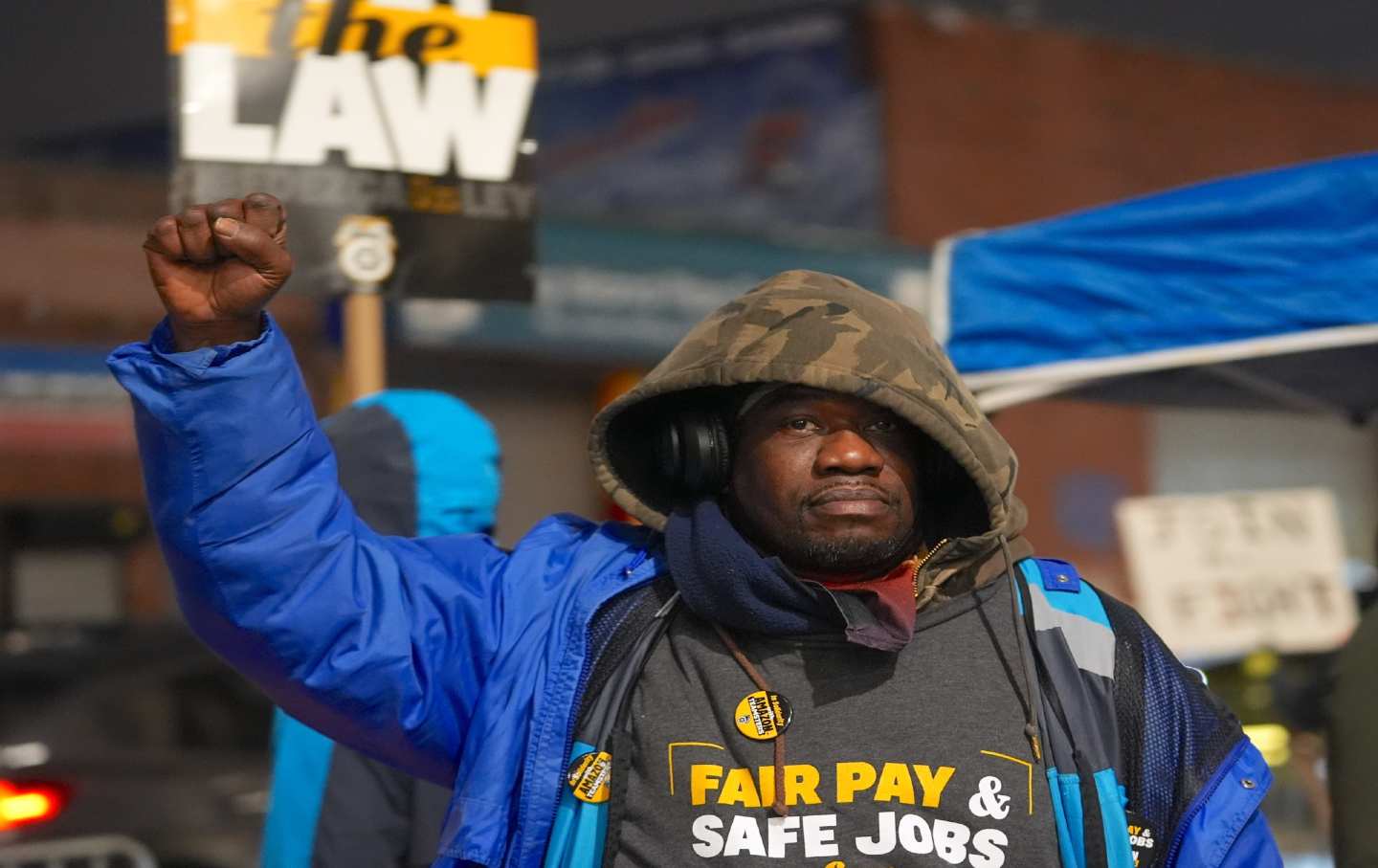
"As democracy faced a significant test in the 2024 election, economic concerns emerged as the primary motivator for voter support, overshadowing fears of authoritarianism."
"The reelection of Donald Trump illustrated a disconnect between the Democratic Party's warnings about authoritarianism and the economic realities faced by voters."
"An understanding of democracy must encompass economic conditions, as these conditions profoundly influence citizens' abilities to engage in governance."
"The design of the U.S. Constitution stems from historical economic concerns, significantly impacting modern democratic engagement and the ongoing influence of money in politics."
The 2024 election revealed significant vulnerabilities in democracy, as Donald Trump was reelected amid economic concerns overshadowing fears related to his antidemocratic behavior. Despite warnings from Democrats, voters prioritized cost of living issues over constitutional concerns. The design of the U.S. Constitution was influenced by historical economic factors, affecting current democratic processes. Corporations and the wealthy continue to shape political outcomes in both direct and indirect ways, complicating efforts to reform participation in political discourse and governance. A materialistic understanding of democracy is crucial for addressing these challenges.
Read at The Nation
Unable to calculate read time
Collection
[
|
...
]